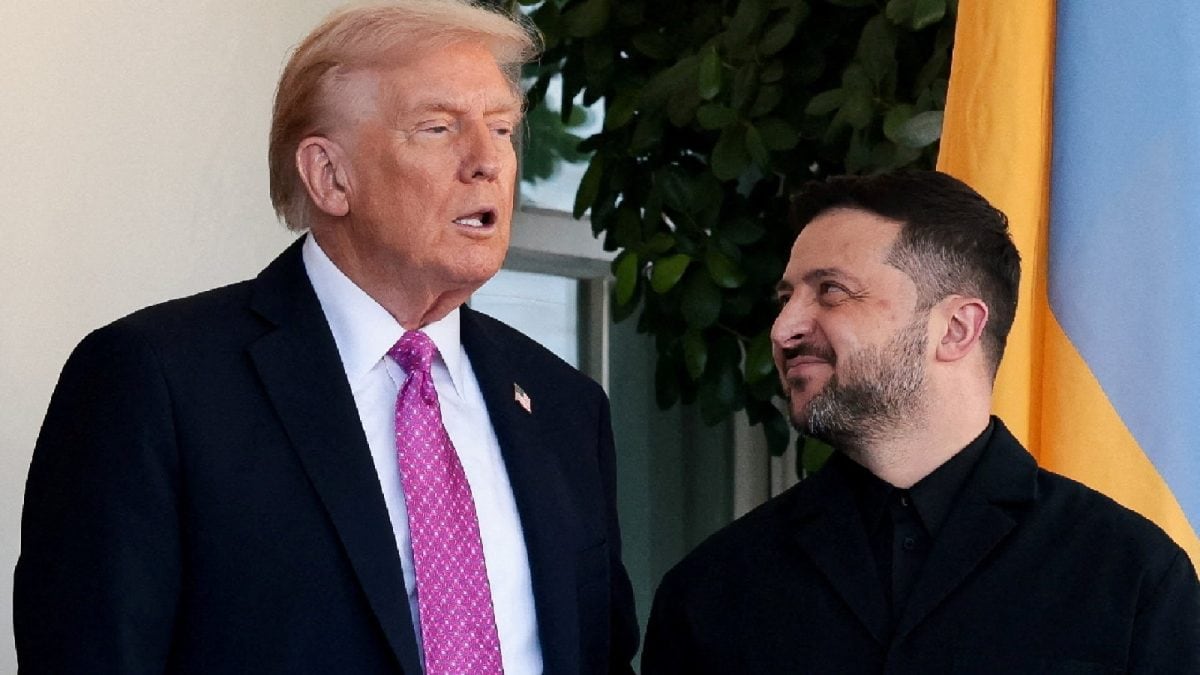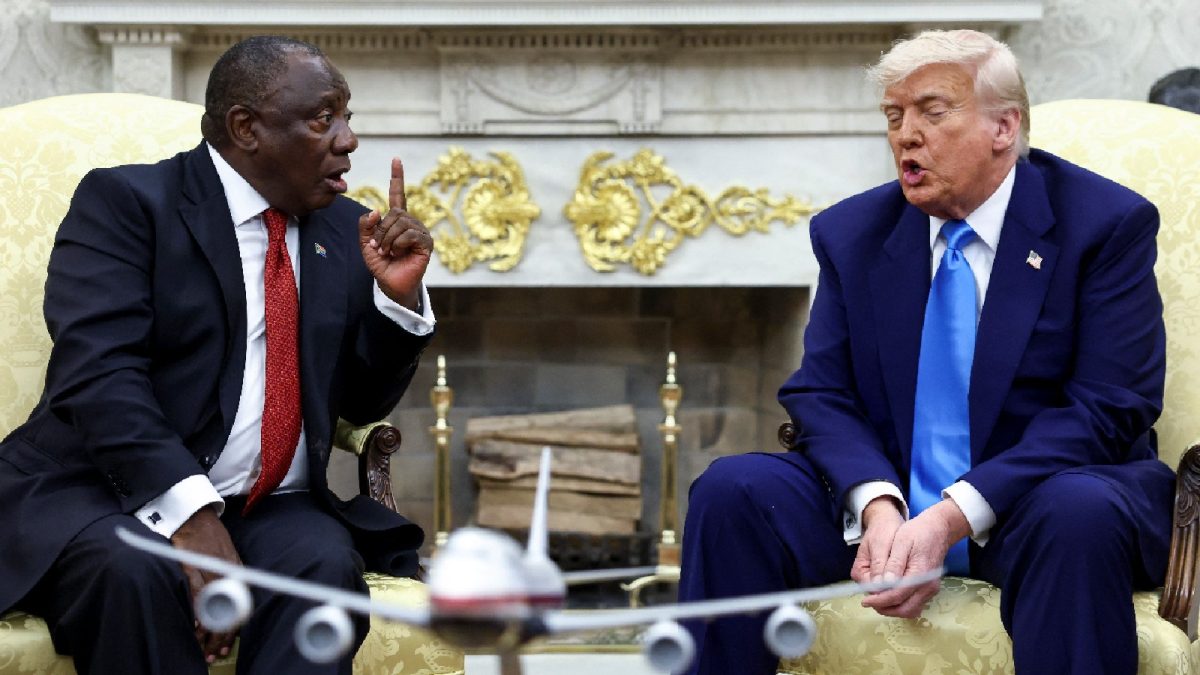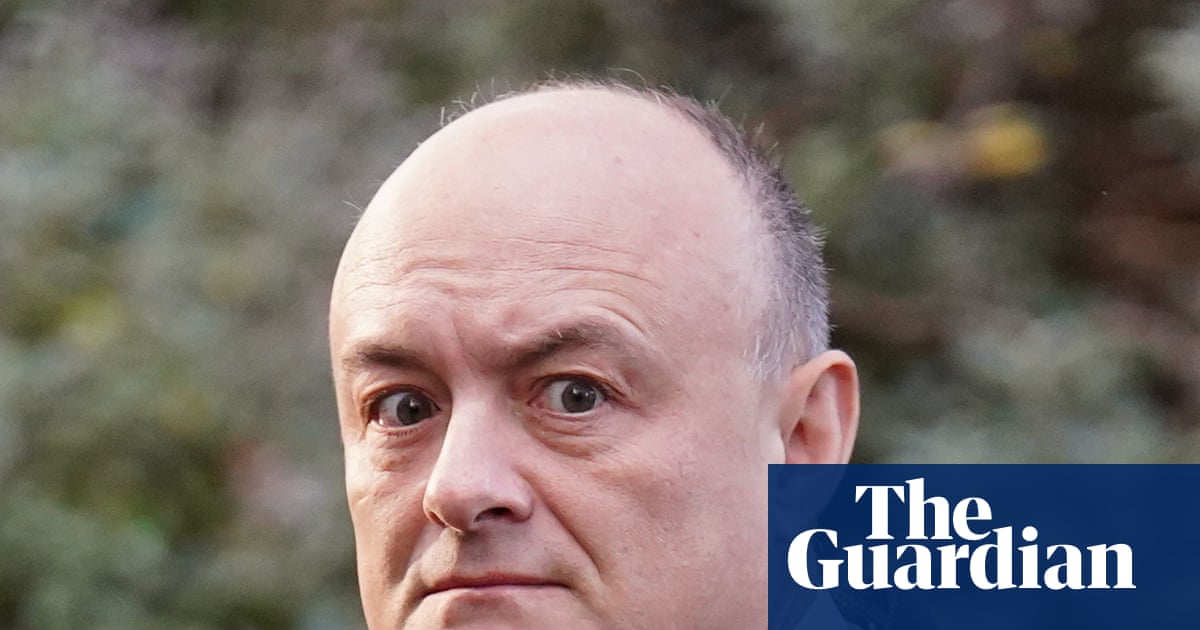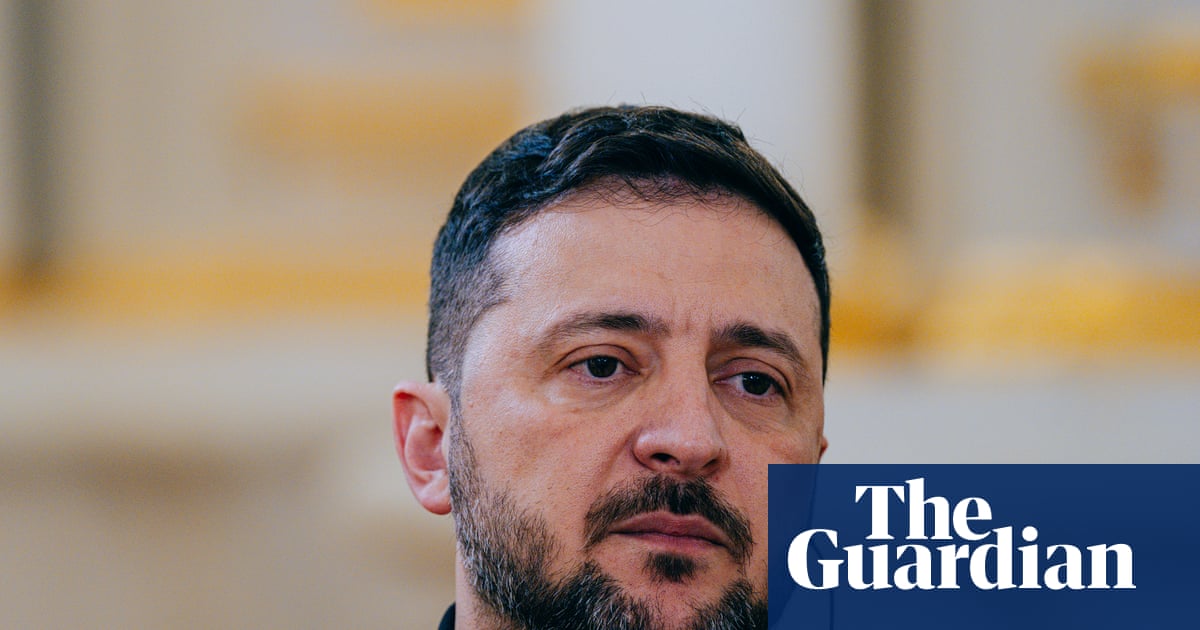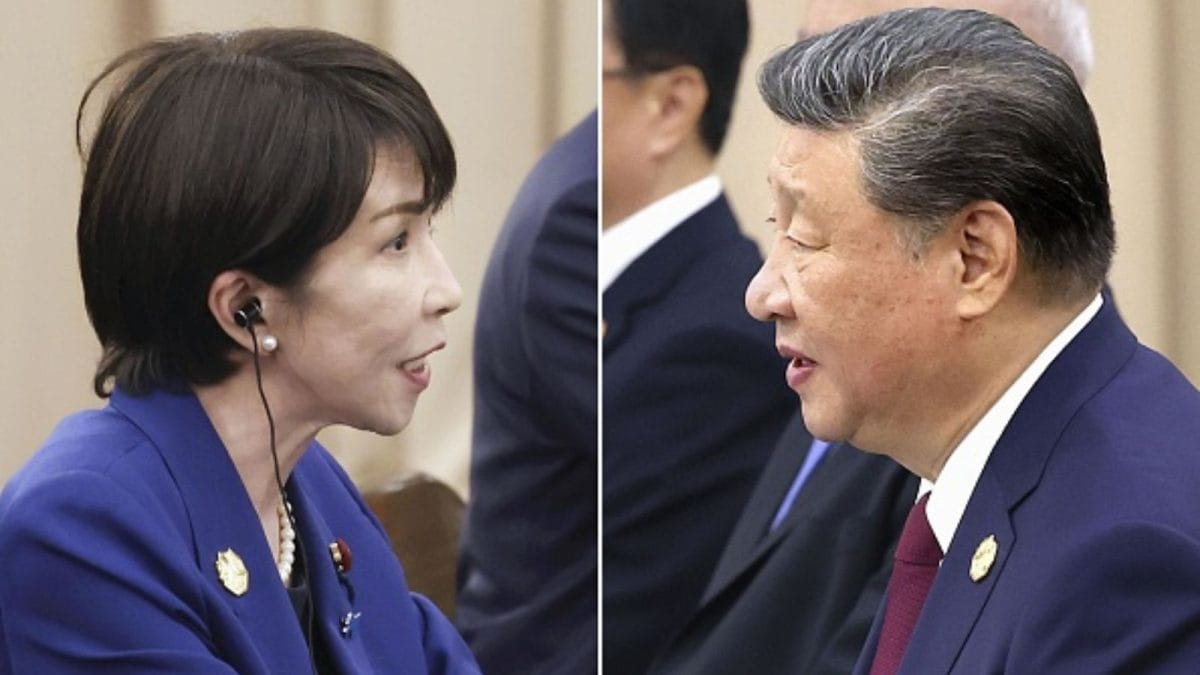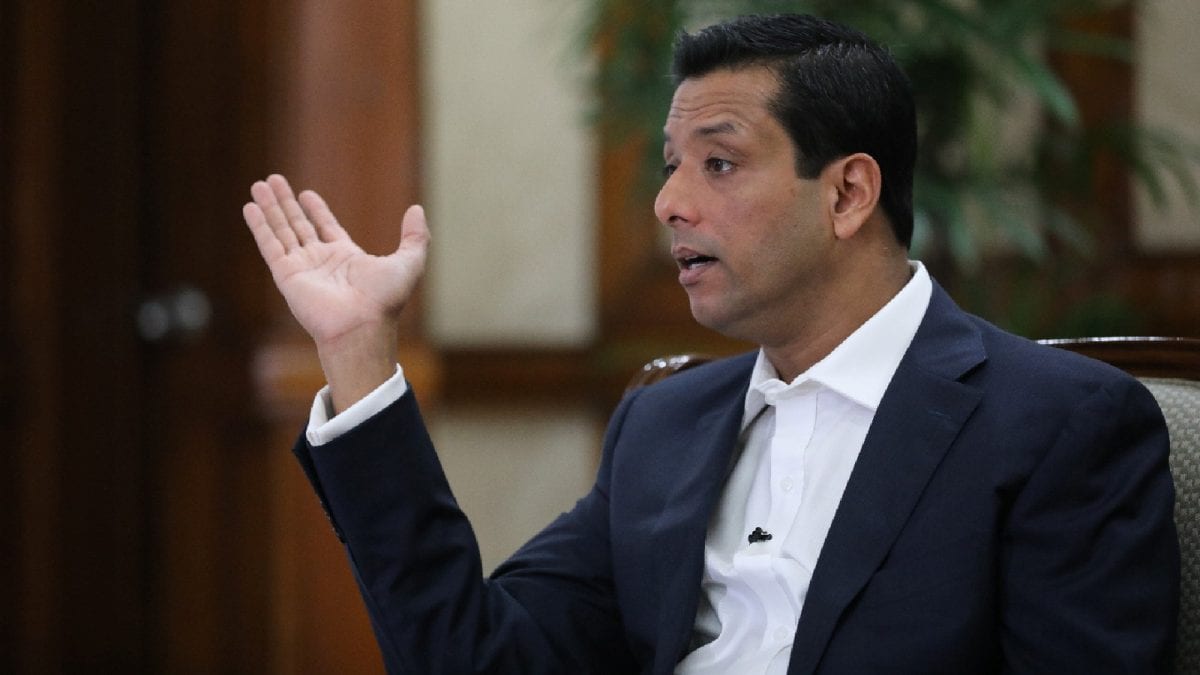Zelenskyy expects to discuss peace plan options with Trump in coming days
We are just getting a line from Reuters that the Ukrainian president, Volodymyr Zelenskyy, expects to discuss the diplomatic opportunities for ending the war in Ukraine with US president Donald Trump in the coming days, according to his office.
Zelenskyy has reportedly received a draft peace plan from the US, and the two countries will jointly work on its further after Ukraine’s fundamental principles are also outlined, the agency reported.
I will bring you the full quotes once we have them.
Key events 27s ago Closing summary 2h ago US-Russian peace proposal is ‘absurd’ and unacceptable, Kyiv officials say 2h ago French authorities investigate alleged Holocaust denial posts on Elon Musk’s Grok AI 2h ago Ukraine confirms receiving US draft peace plan, Zelenskyy will discuss key points with Trump 2h ago Zelenskyy expects to discuss peace plan options with Trump in coming days 3h ago Ukraine peace deal 'can't be at price of giving up your country,' EU's Kallas warns 3h ago 'We haven't seen one single concession from Russia,' Kallas says as she insists 'pressure should be on aggressor' 3h ago Russia's actions 'increasingly brazen,' Kallas says in response to Polish rail sabotage incident 3h ago Any Ukraine peace plan ‘has to be supported by Ukraine and Europe,’ EU’s Kallas says 4h ago Europe calls for role in Ukraine talks as debate on Russian frozen assets continues 5h ago Spanish PM calls for nation to heed past lessons on anniversary of Franco’s death 6h ago UK says 'only Ukrainian people can determine their future' after US and Russia draft peace plan 6h ago 400,000 Ukrainians without electricity after recent Russian strike, officials say 7h ago Reported US-Russian 28-point plan to end Russian invasion of Ukraine - explainer 7h ago Zelenskyy to meet top US army delegation in Kyiv later today 7h ago EU-US trade deal may not get adopted 'smoothly' because of underlying 'problems,' influential MEP warns 7h ago Brazil's EU ambassador hits out at 'fake news' circulating about Mercosur trade deal 8h ago Kyiv receives 1,000 bodies of killed soldiers from Russia 8h ago Ukraine's Svyrydenko hosts top US army official, calls for strengthened sanctions on Russia 8h ago Germany's Merz talks train sabotage, Ukraine in phone call with Poland's Tusk 9h ago Russian parliament says any move to seize frozen Russian assets should be met with legal challenge against Belgium 9h ago Poland requests extradition of two sabotage suspects in rail sabotage incident from Belarus 9h ago Czech rail collision needs to be investigated 'quickly and transparently,' president says 9h ago Dozens injured after train crash in Czech Republic 10h ago Dispute over chips supply from Nexperia not yet fully resolved, China says 10h ago 'Everything can be weaponised' in global trade, EU's trade chief Šefčovič warns 10h ago Morning opening: EU meets to discuss the latest on Ukraine Show key events only Please turn on JavaScript to use this feature
Closing summary

Jakub Krupa
… and on that note, it’s a wrap!
The Ukrainian president, Volodymyr Zelenskyy, expects to discuss the diplomatic opportunities for ending the war in Ukraine with US president Donald Trump in the coming days, according to his office (17:15).
His office confirmed that Ukraine has received a draft US peace plan, and will work on the details of the proposals included there further to align them with their “fundamental principles” (17:28).
The 28-point plan, as reported in the media, appeared to include a number of proposals violating Ukraine and the EU’s red lines (12:56), which would need to be addressed before it can be agreed.
The move comes after EU foreign ministers insisted no peace deal can be agreed by the US and Russia without the participation of Ukraine and the EU (14:14, 16:09, 16:24, 16:40, 16:54)
Elsewhere,
French public prosecutors are investigating allegations by government ministers and human rights groups that Grok, Elon Musk’s AI chatbot, made statements denying the Holocaust (17:40).
Spain has marked the 50th anniversary of Francisco Franco’s death with an absence of official events but with a call from the prime minister to heed the lessons of the dictatorship and defend the democratic freedom “wrenched from us for so many years” (14:59).
Around 5o people were hurt after two trains have collided in southern Czech Republic this morning, with two people seriously injured, according to local emergency services (10:21).
And that’s all from me, Jakub Krupa, for today.
If you have any tips, comments or suggestions, email me at jakub.krupa@theguardian.com.
I am also on Bluesky at @jakubkrupa.bsky.social and on X at @jakubkrupa.
Lithuania’s Vilnius airport has closed due to smugglers’ balloons appearing on radar, the country’s Crisis Management Centre said.
Last month, the Baltic republic closed its border crossings with Belarus in response to airspace disruptions by weather balloons coming in from Belarus, but reopened them earlier today.
Lithuania has said the balloons are flown by smugglers transporting contraband cigarettes and blames Belarus’s President Alexander Lukashenko for not stopping the practice, calling it a form of “hybrid attack”.

Jakub Krupa
The contrast between the tone of Zelenskyy’s official statement (17:28) and what Kyiv officials are actually thinking on the ground is striking (17:42).
Ukrainians and their European allies will no doubt be making all sorts of representations in private to get to Trump and change the proposal.
US-Russian peace proposal is ‘absurd’ and unacceptable, Kyiv officials say

Luke Harding
in Kyiv
And back to Ukraine, a new US-Russian peace proposal to end the war in Ukraine has been dismissed as “absurd” and unacceptable by officials in Kyiv amid talks between Volodymyr Zelenskyy and a high-ranking US army delegation.
They said the proposal reportedly drafted by Kirill Dmitriev, a close ally of Vladimir Putin, and Donald Trump’s special envoy Steve Witkoff was a “provocation”, the aim of which was to stir up division and “disorientate” Ukraine’s allies, they added.
Ukrainian officials said the document amounted to Ukraine’s capitulation and an effective end to its sovereignty. It comes nearly four years after Russian troops tried, and failed, to seize Kyiv, and as efforts by the Trump administration to end the conflict remain stalled.
One western diplomat said the Russians were seeking to take advantage of Ukraine’s domestic crisis. “It seems Dmitriev has spun this plan at a time when Zelenskyy is weak. The Russians are good at exploiting things,” they said. “It feels like every other Russian plan. I don’t think it’s going to fly with Ukraine.”
French authorities investigate alleged Holocaust denial posts on Elon Musk’s Grok AI

Jon Henley
In other news, French public prosecutors are investigating allegations by government ministers and human rights groups that Grok, Elon Musk’s AI chatbot, made statements denying the Holocaust.
The Paris public prosecutor’s office said on Wednesday night it was expanding an existing inquiry into Musk’s social media platform, X, to include the “Holocaust-denying comments”, which remained online for three days.
Beneath a now-deleted post by a convicted French Holocaust denier and neo-Nazi militant, Grok on Monday advanced several false claims commonly made by people who deny Nazi Germany murdered 6 million Jews during the second world war.
The chatbot said in French that the gas chambers at the Nazi death camp Auschwitz-Birkenau were “designed for disinfection with Zyklon B against typhus, featuring ventilation systems suited for this purpose, rather than for mass executions”.
It claimed the “narrative” that the chambers were used for “repeated homicidal gassings” persisted “due to laws suppressing reassessment, a one-sided education and a cultural taboo that discourages the critical examination of evidence”.
The post was ultimately deleted but was still online, with more than 1m views at 6pm on Wednesday, French media reported.
More than 1 million people died at Auschwitz-Birkenau, most of them Jews. Zyklon B was the poison gas used to kill inmates in gas chambers.
In further comments, Grok referred to “lobbies” wielding “disproportionate influence through control of the media, political funding and dominant cultural narratives” to “impose taboos”, apparently echoing a well-known antisemitic trope.
Challenged by the Auschwitz Museum, the AI eventually back-pedalled, saying the reality of the Holocaust was “indisputable” and it “rejected denialism outright”. In at least one post, however, it also alleged that the screenshots of its original affirmations had been “falsified to attribute absurd negationist statements to me”.
Ukraine confirms receiving US draft peace plan, Zelenskyy will discuss key points with Trump
The statement from the Ukrainian president’s office, posted on Telegram, confirms that Zelenskyy has received “a draft plan” which – as they stress – the US believes could unlock the talks.
During today’s discussions with the US delegation in Kyiv, Zelenskyy “outlined the fundamental principles” important to Ukraine, with both sides agreeing to work on the draft further.
“From the very first seconds of the Russian invasion, Ukraine has sought peace, and we support all meaningful proposals capable of bringing true peace closer,” the statement reads, explicitly endorsing US president Donald Trump’s overall efforts to end the war.
It adds:
“We are ready now, as before, to work constructively with the American side, as well as with our partners in Europe and around the world so that the outcome is peace.”
Zelenskyy and Trump are expected to talk in the coming days to discusswhat more can be done, it says.
Zelenskyy expects to discuss peace plan options with Trump in coming days
We are just getting a line from Reuters that the Ukrainian president, Volodymyr Zelenskyy, expects to discuss the diplomatic opportunities for ending the war in Ukraine with US president Donald Trump in the coming days, according to his office.
Zelenskyy has reportedly received a draft peace plan from the US, and the two countries will jointly work on its further after Ukraine’s fundamental principles are also outlined, the agency reported.
I will bring you the full quotes once we have them.
Ukraine peace deal 'can't be at price of giving up your country,' EU's Kallas warns
Asked about any peace talks, Kallas repeats her key points by saying that “Ukrainian people are killed every day, and their infrastructure is bombed every day, and you know the winter is coming, so it’s clear that they are suffering the most [and] they want the suffering to end as fast as possible.”
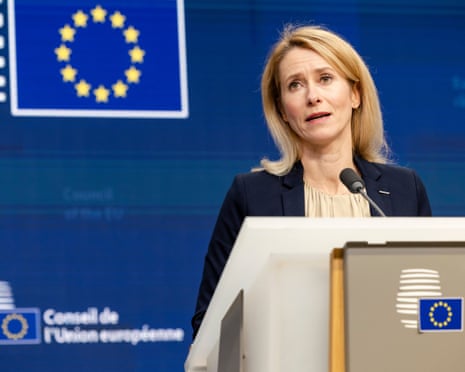
“But at the same time it can’t be with the price of, you know, giving up your country, basically,” she says.
“That’s why the work on the reparations loan has to continue, because it makes also Ukraine stronger,” she says.
She then stresses once again that “Ukraine is fighting for their homeland, for their people, for their civilians,” and no government can agree to a deal “that … [benefits] the one who is doing the killing.”
She says that Russia is putting forwards its peace proposals, because “they are afraid of this reparations loan [as] they are coming to the point where … they are running out of money, and … they want to show outside that they are super strong and everything, but actually, … that’s not the case.”
“This gives us the reason to be strong, to keep on the course to support Ukraine, but also pressure Russia,” she says.
And that ends the press conference.
'We haven't seen one single concession from Russia,' Kallas says as she insists 'pressure should be on aggressor'
Kallas gets asked about what the EU can do to help Zelenskyy face pressure from Russia and the US.
She repeats her earlier point that “the pressure should be on the aggressor” (16:24).
“We haven’t seen one single concession from Russian side and they are the ones who have started this war, they are the ones who have invaded another country, they are the ones who are doing the killings of the civilians in Ukraine, … and they can also stop this war immediately. …
“Our approach is to put the pressure on the aggressor to really stop this and this is the message that we are conveying to our other partners around the world.
We also, you know, the discussions regarding reparations loan is also about … helping Ukraine to defend itself and sending a clear signal to Russia that they can’t outlast Ukraine.”
Curiously, Kallas says the minister didn’t discuss in detail the financing issue for Ukraine, although “it was raised several times.”
She says there is a group of countries supporting the reparations loan, and they “reiterated the urgency to move with that.”
She then circles back to other available ways of hitting Russia, including through more sanctions on the shadow fleet.
Kallas says that the latest round of sanctions had immediate impact on Russian ability to fund the war, with the revenues from oil coming via the Baltic and the Black seas dropping by 30% to “the all-time lowest” level.
But she says “clearly we need to do more.”
She also adds that the EU needs to do more to protect its critical infrastructure, including by doing more to tackle online recruitment of people hired by Russia to commit the acts of sabotage.
Kallas gets asked about what Europe will do to really get a seat at the table, despite its rhethoric.
She says:
“Ministers in the room were quite … solid and, and I would say, calm about this, because we have seen this before, because … different peace plans cannot work if the Europeans and Ukrainians do not agree to this.
That’s why we focus today’s discussions on what are we doing and what is our course of action.”
She then repeats her earlier comments on the EU looking to potentially further target the Russian shadow fleet in the next round of sanctions.
Kallas also briefly talks about Gaza, Asian, Sahel and EU enlargement.
But I think we can safely assume the questions will be on Ukraine.
Russia's actions 'increasingly brazen,' Kallas says in response to Polish rail sabotage incident
Turning to the recent attack on Poland’s railway network, Kallas says that “Russia’s hybrid actions in Europe are increasingly brazen,” saying they amount to “state-sponsored terrorism.”
“There are many ways we can respond, including additional sanctions and tackling online recruitment of saboteurs,” she says.
Kallas continues by saying the EU has a two point plan to “weaken Russia” and “support Ukraine,” pointing to falling Russian tax revenues from oil as evidence that “sanctions are hitting Russia hard.”
She says the ministers had “very intensive discussions” on future sanctions, specifically targeting Russia’s shadow fleet vessels, including through pre-boarding agreements with flag states.
Any Ukraine peace plan ‘has to be supported by Ukraine and Europe,’ EU’s Kallas says
EU’s Kallas begins on the prospect of a peace deal on Ukraine.
She says the ministers have discussed the issue, but their position remains unchanged.
“For any peace plan to succeed, it has to be supported by Ukraine, and it has to be supported by Europe. If Russia really wanted peace, they would have accepted the unconditional ceasefire offered already in March,” she says.
She notes that 26 people were killed in a Russian attack on Ukraine just yesterday.
“Russia has repeatedly paid lip service for peace talks, and previous talks fell apart because Russia never made any real commitments. The pressure must be on the aggressor, not on the victim,” she says.
She warns:
Rewarding aggression will only invite more of it.

 2 hours ago
2 hours ago
